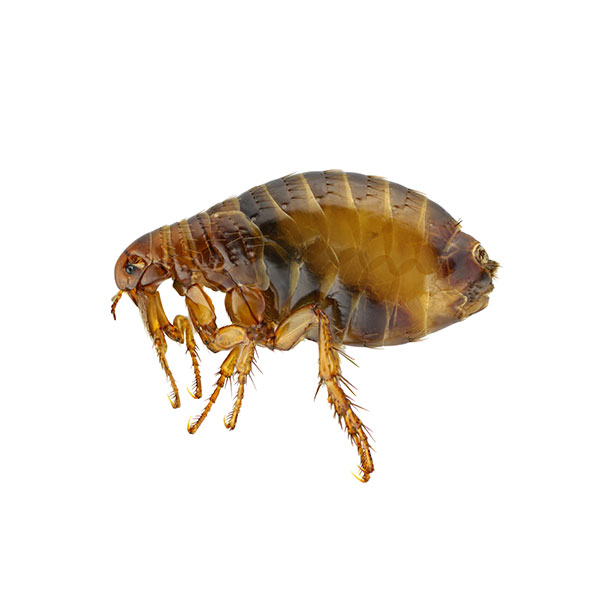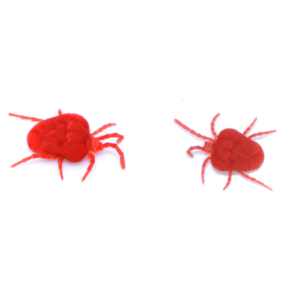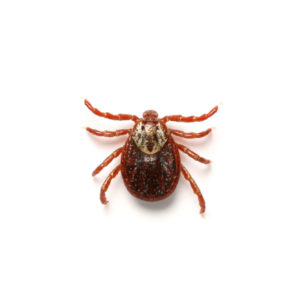Fleas in San Angelo
Fleas are tiny, wingless, and blood-sucking parasites that reside on the outer surface of their hosts. As adults, fleas solely feed on the blood of warm-blooded animals, a crucial necessity for their survival and reproduction. Cats and dogs are most commonly affected by fleas, making them a frequent household pest.
These pesky insects can be quite bothersome to both people and pets, especially during the spring and early summer when their population tends to surge. Dealing with flea infestations can be particularly frustrating during these seasons.
Flea Habitat
Fleas are adaptable to various climates, but they thrive particularly well in moist, humid, and shaded environments. Places like the area underneath a porch or deck can become ideal overwintering sites for fleas. They are attracted to areas with tall grass, leaf litter, weeds, wood piles, gravelly spaces, and sandy patches.
Even the smallest cracks in concrete can provide a hiding spot for fleas, especially in areas with shrubs, leaves, and trees. However, fleas do not do well in sunny areas or open grass. When it comes to entering structures, fleas typically hitch a ride on pets and quickly find refuge inside homes.
Flea larvae avoid light, which is why carpets, bedding, pet beds, and upholstered furniture become cozy homes for fleas, flea eggs, and flea larvae. These areas provide the darkness and protection they seek during their development stages.
Flea Behaviors, Threats, or Dangers
Fleas primarily feed on non-human animals, but they can also bite and infect humans. Flea bites appear as small red dots and often occur in clusters around the feet, ankles, and legs. While they may trigger allergic reactions, flea bites usually do not have a severe impact on a person’s overall health.
However, some individuals and pets may experience flea bite allergic dermatitis, characterized by intense itching, hair loss, reddening of the skin, and secondary infection. Even a single flea bite can initiate an allergic reaction, and the itching may persist for up to five days after the bite occurs. For those sensitive to flea bites, the discomfort and skin reactions can be considerable.
If you are dealing with a flea infestation, contact your local flea exterminators for help.




